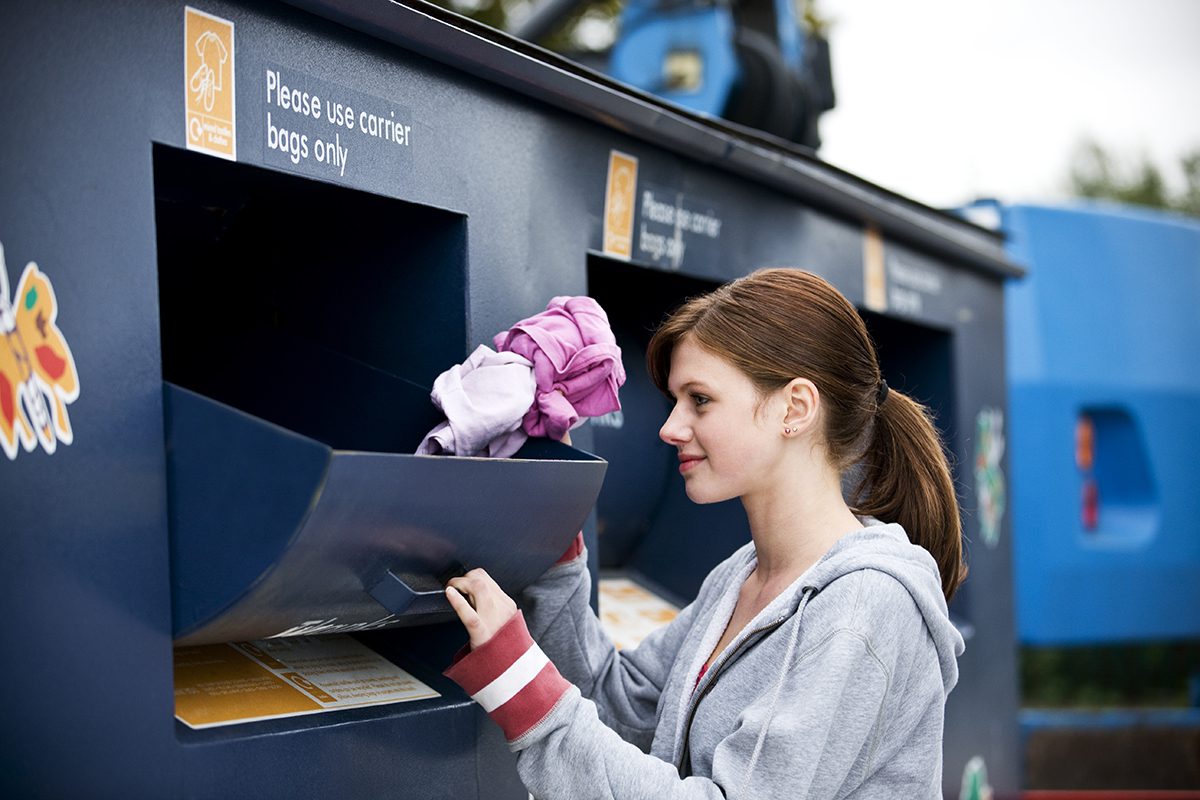
The Textile Recycling Affiliation (TRA) are sounding the alarm concerning the imminent collapse of the textile recycling sector attributable to international market challenges.
“Because the recognised commerce affiliation for over 75% of the UK’s Used Textiles collectors and sorters, we’ve been made conscious of their plight by our members,” mentioned the assertion. “There may be actual worry within the business about being unable to gather from charity retailers, recycling centres and group textile banks, attributable to reaching capability at processing vegetation.”
The broader influence of the UK sector not amassing waste textiles will end in devastating environmental penalties, mentioned the group, together with microplastic air pollution, water air pollution, and the buildup of textile waste in landfills. Globally, 92 million tonnes of textile waste are produced annually – the equal of the peak of Mount Everest each 7 minutes, or a garbage truck’s value of textiles being thrown away each second.
The used textiles business within the UK is valued at over one billion kilos yearly, impacting sectors resembling UK Charities, Native Waste Authorities, the Logistics Business, the Packaging Business, and can have an effect on 1 in each 25 jobs within the UK.
Moreover, European nations doubtlessly halting textile sorting operations compound the business’s fears for the sector’s future. France, Denmark, Sweden, Finland, and Austria have proposed a ban on the export of ‘used’ textiles throughout the EU, signalling a major shift in coverage.
The disaster within the Crimson Sea which is disrupting transport traces, has considerably escalated operational prices for textile retailers. Coupled with growing taxation from African and Asian markets and mounting stress to curb waste exports, the business faces immense monetary pressure.
In response to an announcement on the group’s web site, “quick trend has intensified the inflow of low-quality textiles into the recycling stream. This has additional pushed up operational prices, pushing many textile retailers to the brink of economic collapse.”
“The TRA urges the UK Authorities to step in and regulate the business together with an introduction of an EPR scheme (Prolonged Producer Duty). Clear dialogue and concerted efforts are wanted to help a sustainable business.”
“The TRA stays steadfast in its dedication to advocating for the pursuits of textile retailers and fostering collaboration throughout the business to beat these obstacles.”








